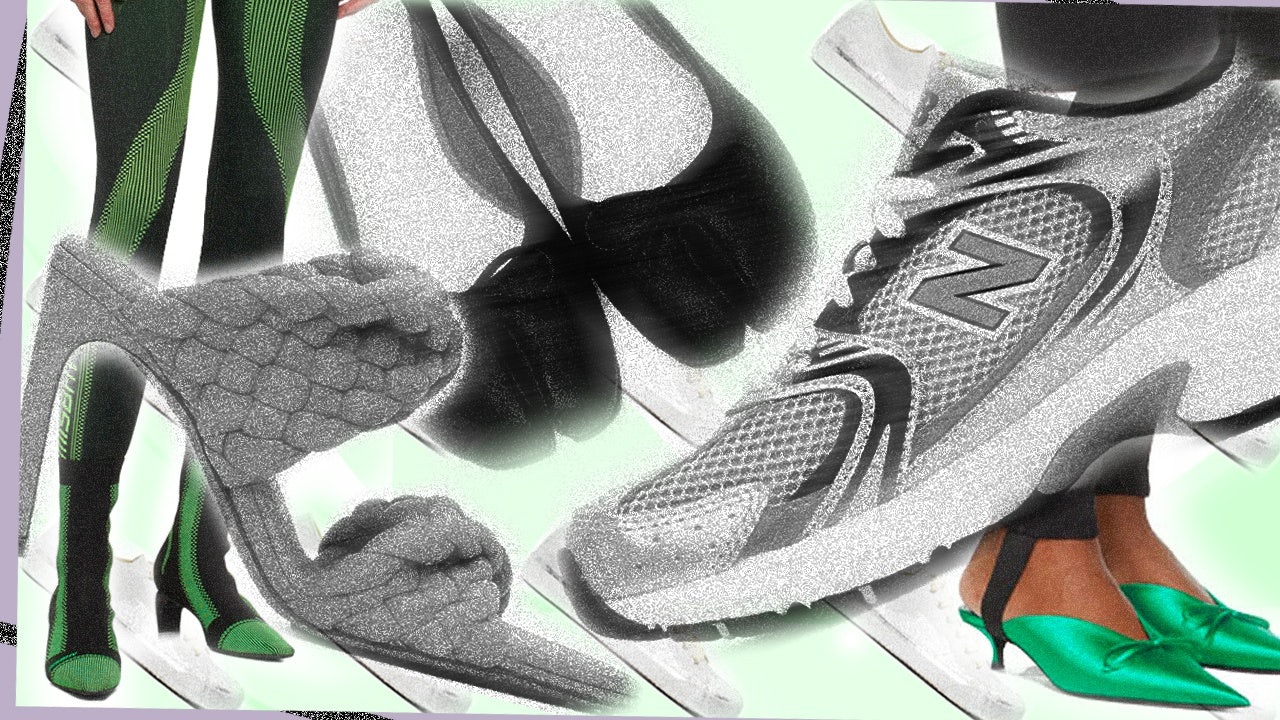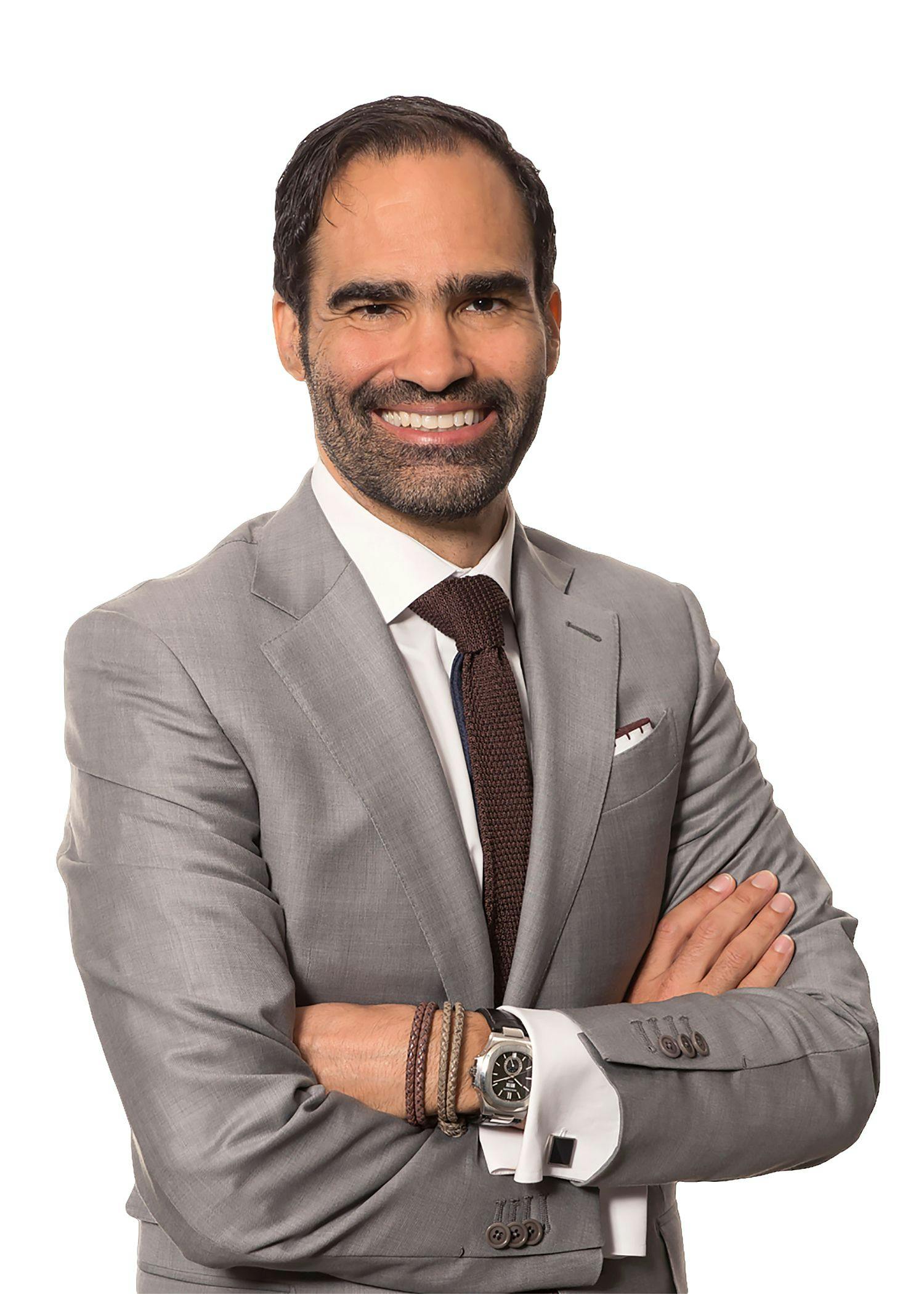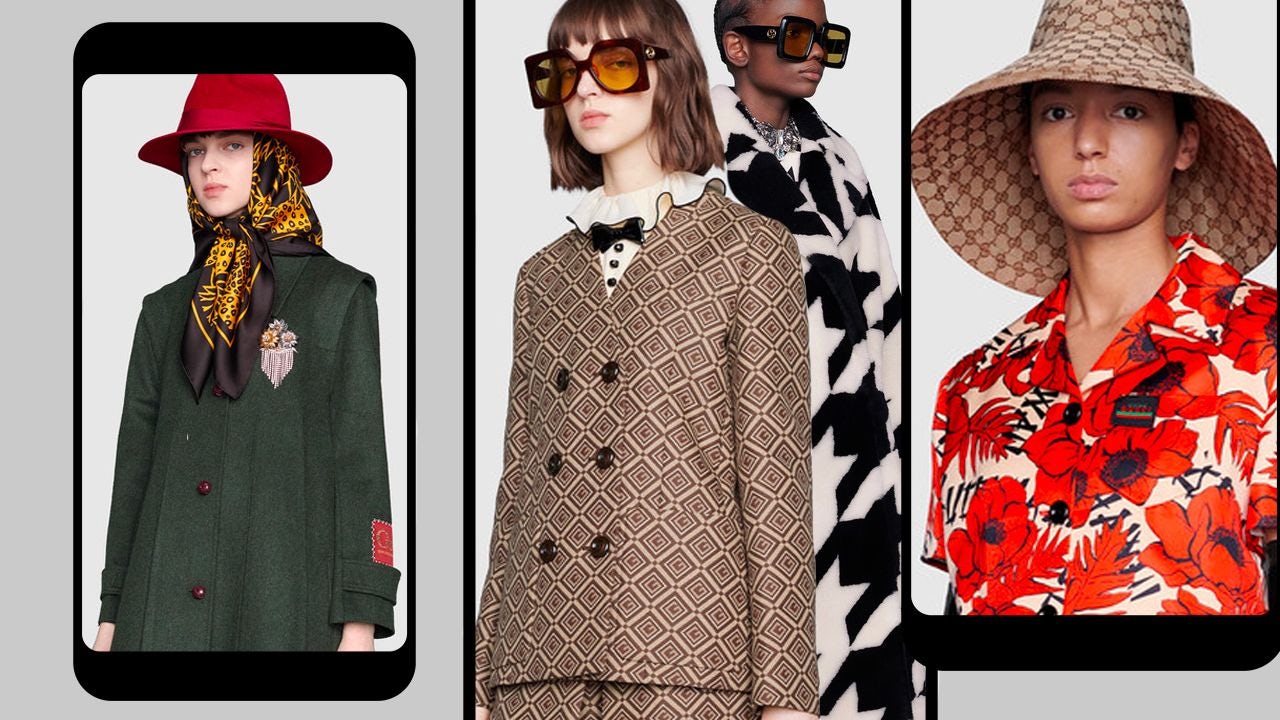Key Takeaways#
:
- The top mistake brands make in China is that they underestimate how advanced and savvy customers there are.
- The performance gap between China's luxury market and those in the West is dramatically widening because of COVID-19.
- For a brand to win Chinese customers, it must be a great storyteller, yet this area is where most luxury brands fail miserably.
With the Chinese economy consistently growing through the second half of 2020 and Europe and the US grappling with exponentially growing cases of COVID-19 amid new lockdowns, the gap in performance between the luxury market in China and the rest of the world is dramatically widening. Brands that were dependent on the Chinese market before are under even more pressure to perform now.
The biggest challenge for brands is that they still must master the basics of being successful in China. Unfortunately, most burn money and time, which weakens their positions as they strive to keep up with fast-moving Chinese customers. The number one mistake? They underestimate how advanced and savvy Chinese customers are. Across the board, we see that managers of Western luxury brands have biases and misconceptions about what Chinese customers want. Many managers think — wrongly — that China’s consumers are all about status and that presenting a big logo is what will entice them.
But they could not be more wrong. Chinese customers are probably the world’s most advanced in terms of dissecting brand stories and making decisions based on the brand that gives them the most value. But don’t think about sales promotions when you hear the word value. Instead, think about brands that make them dream, create a strong desire, and make them eager to buy. Yes, Chinese customers love a good deal as any customer does, but they don’t want one at the expense of brand equity.
A great indicator is to ask yourself honestly if your brand is appreciating. Are you, year after year and collection after collection, able to increase prices and sell products at ever-higher price points? Are you able to increase the willingness to pay for your products? And, do your products increase in value after they sell?
Think about the Hermès Birkin bag, which consistently achieves double-digit value gains year after year and has become an investment with some of the highest returns over the past two decades. Or consider Christian Dior’s Air Dior collaboration with Nike: listed as high as 18,000 USD on resale site StockX. Compare that to the current prices for an original Nike Air Jordan shoe (a few hundred dollars), which is an iconic shoe.
If a brand wants to win Chinese customers, it must become a great storyteller. Ironically, this area is where many luxury brands tend to fail miserably. Most brands’ positioning is just a category story. If your brand defines itself through “great materials, superior craftsmanship, and excellent service,” you should be worried. In that example, a brand is not telling a brand story; it is telling the story of its entire category (and, unfortunately, category stories do not convince customers in China).
Brands must learn that the “what” is less important than the “why” and the “how.” Are you defining how you create value more than your top competitors? Are you telling your customers in China what they can do differently because of your products (and not other brands’ products)? Are you communicating your purpose clearly and providing your customers with a distinct competitive advantage? If the answer to all questions is not an obvious yes, then you are not telling your story in an insight-driven, authentic, purposeful, and relevant way.
Why does this matter? Because your story drives the value of your brand much more than the products ever could. And this is even more true in China than anywhere else. If you are not excellent at storytelling, then you are risking the future of your brand. The ability to tell a compelling brand story — especially in the digital age — is now crucial. It is the future of luxury. And brands with significant weaknesses in this area have no future in China.
Daniel Langer is CEO of the luxury, lifestyle and consumer brand strategy firm Équité, and the professor of luxury strategy and extreme value creation at Pepperdine University in Malibu, California. He consults some of the leading luxury brands in the world, is the author of several luxury management books, a global keynote speaker, and holds luxury masterclasses in Europe, the USA, and Asia. Follow @drlanger


